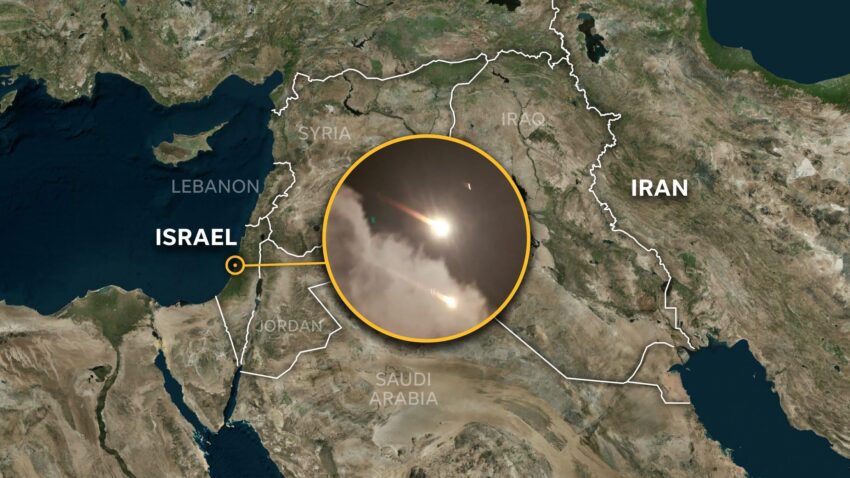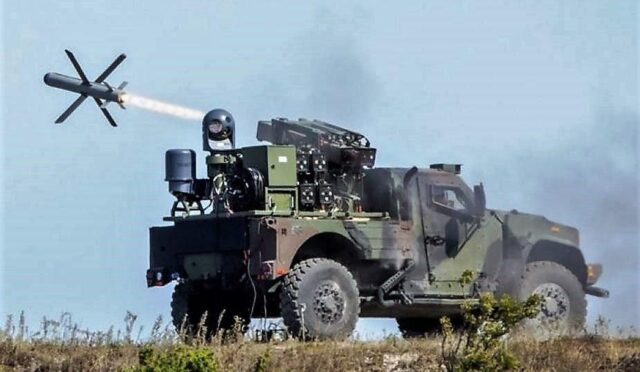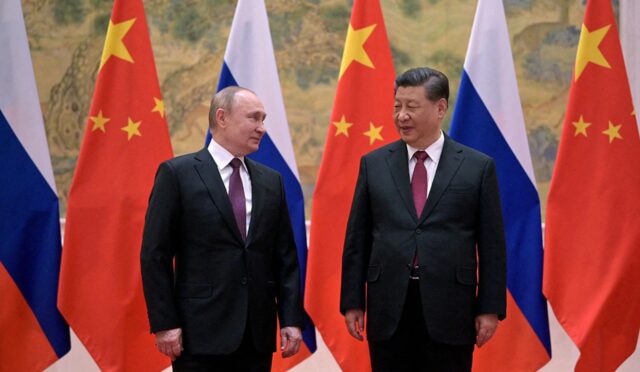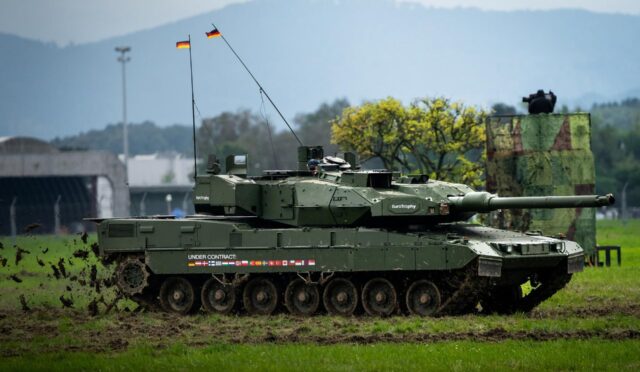Escalating Tensions between Iran and Israel
Recent clashes between Iran and Israel have sparked fears of a shift in global focus. As Ukraine grapples with the ongoing Russian invasion, Israeli airstrikes on Iranian targets pose a risk of diverting attention away from the conflict in Eastern Europe. This escalation of hostilities has seen Israel implementing significant bombing campaigns against Iran—a country that stands as a pivotal ally to Moscow.
In response, Iran has retaliated with missile and drone strikes, exacerbating tensions in the region. This conflict has not only affected geopolitical strategies but has also led to an increase in oil prices, a critical source of revenue that fuels Russia’s military endeavors in Ukraine. A senior political figure from Ukraine emphasized the concerns over soaring oil prices, highlighting how they directly benefit Russian operations.
Ukraine’s Complex Position
Interestingly, Kyiv has welcomed Israel’s military actions against Iran, given its support for Russia in the Ukraine war. The implications of the Israeli strikes are significant, as they have resulted in the loss of high-ranking Iranian military officials and have likely weakened Iran’s capacity to support Russia. Officials in Ukraine assert that diminishing Iran’s ability to aid Moscow aligns with their strategic interests.
However, there lies a palpable concern in Kyiv regarding the potential for U.S. attention to drift away from Europe due to the renewed focus on the Middle East. The Trump administration has indicated a preference for addressing security concerns in this region over Europe, raising fears that this shift could embolden Russian aggression in Ukraine.
U.S. Support and Strategic Concerns
President Volodymyr Zelensky of Ukraine has voiced apprehensions about the impact of the Israel-Iran conflict on U.S. aid to Ukraine. While acknowledging the importance of the U.S.-Israel relationship, he implored that assistance to Ukraine should not wane amidst the current turmoil. Zelensky noted past occurrences where Israeli military engagements influenced U.S. support, specifically referencing the ongoing war in Gaza, which he fears could disrupt aid flows.
In light of these developments, Zelensky has underscored the urgency for Washington to continue providing necessary military resources, such as interceptor missiles, which are vital in combating Russian drone attacks. With the looming crisis in Gaza, any perceived redirection of U.S. military support sparks deeper worries within the Ukrainian leadership.
The Arms Race and Regional Implications
The conflict has also prompted Ukraine to bolster its own arms industry. As the Ukrainian government shifts its focus toward self-sufficiency in weapon production, the reality of the region’s instability remains pressing. Ukraine has faced relentless drone and missile assaults since early 2022, many of which are manufactured in Iran, highlighting the interconnectedness of these geopolitical conflicts.
Israel has claimed that its airstrikes have successfully targeted Iranian production facilities, which poses further complications for Iran’s ability to manufacture weapons for Russia. This may, in theory, decrease the resources available for Moscow’s operations, providing a potential advantage to Ukraine in its ongoing conflict.
Global Security in the Spotlight
According to the British defense ministry, there are indications that the arms supply from Iran to Russia may decline as a result of its conflict with Israel. They suggest that while Iran’s capabilities could diminish, the shift in global focus to the Middle East might inadvertently serve Moscow’s interests by detracting from the scrutiny of its actions in Ukraine.
Moscow’s ongoing struggle to maintain its military supply lines underscores a crucial point for Ukraine. Although Russia continues to manufacture its missiles and drones and has turned to allies like North Korea for munitions, the evolving dynamics in the Middle East could impact its operational strategies amid global distractions.
Caution Amidst Optimism
Military analysts caution against overly celebrating the current attacks on Iran. While acknowledging that Iran remains an adversary, many experts warn that increased conflict in the Middle East could drive up oil prices further. This, in turn, may amplify the challenges facing Ukraine as it navigates its own conflict.
As discussions around the Iran-Israel conflict unfold, it is critical for Ukraine to maintain a pragmatic perspective. The interconnectedness of global conflicts means that a single flashpoint, like the fighting in the Middle East, can ripple across the world and significantly affect ongoing tensions in Ukraine.







